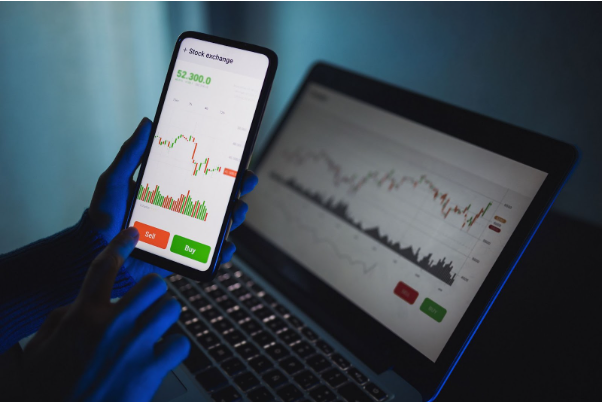Regulations are essential to the development of the online forex trading industry and guarantee the reliability and security of trading platforms. The purpose of these rules is to safeguard traders and uphold the integrity of the international foreign exchange market. We’ll examine the significant effects that regulations have on online forex trading platforms and the sector as a whole in this post.
The Significance of Regulation in Online Forex Trading
Online forex trading platforms serve as the gateway for traders to access the dynamic and often volatile forex market. Regulations are necessary to keep the trading environment honest and open. Below are reasons why regulations are important:
- Investor Protection: Regulations are primarily designed to protect traders from fraudulent activities, scams, and unscrupulous practices. They ensure that traders’ funds are segregated and held in secure accounts
- Market Integrity: Regulations help maintain the integrity of the forex market by preventing market manipulation, insider trading, and other unethical practices.
- Transparency: Regulated trading platforms are required to provide clear and accurate information to traders, promoting transparency in trading conditions and pricing.
- Accountability: Regulated platforms are accountable to regulatory authorities, which can take action in cases of non-compliance or misconduct.
- Dispute Resolution: Dispute resolution procedures between traders and forex trading platforms are frequently offered by regulatory agencies.
Key Regulatory Bodies in Forex Trading
The forex market is a global one, and as a result, multiple regulatory bodies oversee it in different regions. Here are some of the most prominent regulatory authorities:
Commodity Futures Trading Commission (CFTC): To safeguard traders and uphold market integrity, the CFTC regulates forex trading platforms in the US.
Financial Conduct Authority (FCA): The FCA, based in the United Kingdom, is a well-respected regulatory body overseeing forex trading platforms in Europe.
Australian Securities and Investments Commission (ASIC): ASIC is the regulatory authority responsible for forex trading platforms in Australia.
Cyprus Securities and Exchange Commission (CySEC): Many forex brokers operating in the European Union are regulated by CySEC.
Financial Services Authority (FSA): The FSA in Japan oversees forex trading activities within the country.
The Impact of Regulations on Trading Platforms
Regulations have far-reaching effects on online forex trading platforms. The following are some significant ways in which they impact the trading platforms and services they provide:
- Compliance Requirements: Strict compliance requirements must be followed by regulated platforms. This entails fulfilling capital adequacy standards, performing routine audits, and making sure that traders’ funds are segregated.
- Account Verification: Traders on regulated platforms often go through a comprehensive account verification process to prevent money laundering and fraud.
- Risk Disclosure: To guarantee that traders are aware of the hazards involved in forex trading, regulated platforms must give them thorough risk disclosures.
- Product Offering: Regulations can influence the range of financial products and leverage levels offered to traders, with a focus on protecting retail traders from excessive risk.
- Security Measures: Strong security measures are put in place by regulated platforms to protect the financial and personal data of traders.
How to Verify Regulation
Traders should verify the regulations of a forex trading platform before opening an account. Here’s how to do it:
Check the Website: Most regulated platforms prominently display their regulatory status on their websites. Look for clear information regarding the regulatory authority and license number.
Visit the Regulator’s Website: Go to the website of the relevant regulatory authority and cross-verify the information provided by the platform.
Read Reviews and Forums: Check online reviews and forex trading forums to gather feedback from other traders regarding the platform’s regulatory compliance.
Contact Customer Support: Reach out to the platform’s customer support team with any questions or concerns regarding their regulatory status.
To sum up, regulations play a crucial role in the online forex trading sector by guaranteeing that trading platforms adhere to strict guidelines on transparency, security, and integrity. Selecting licensed platforms that follow these guidelines is essential for traders as it offers a more secure and reliable online forex trading environment.
